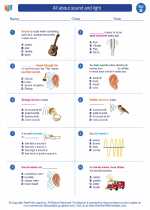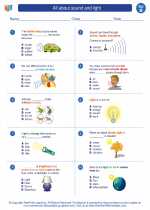Gametes
In biology, gametes are the specialized reproductive cells that are involved in sexual reproduction. They are responsible for the transmission of genetic information from one generation to the next.
Types of Gametes
There are two types of gametes: sperm cells in males and egg cells in females. Sperm cells are small and motile, while egg cells are larger and non-motile.
Formation of Gametes
Gametes are formed through a process called meiosis, which is a type of cell division that reduces the chromosome number by half. In males, meiosis produces four sperm cells from a single parent cell, while in females, it produces one egg cell and three polar bodies, which are not involved in fertilization.
Role in Reproduction
During sexual reproduction, a sperm cell fertilizes an egg cell to form a zygote, which develops into a new organism. This process ensures genetic variation and diversity within a population.
Study Guide
- What are gametes?
- What are the two types of gametes?
- How are gametes formed?
- What is the role of gametes in reproduction?
◂Science Worksheets and Study Guides Second Grade. All about sound and light

 Worksheet/Answer key
Worksheet/Answer key
 Worksheet/Answer key
Worksheet/Answer key
 Worksheet/Answer key
Worksheet/Answer key
 Vocabulary/Answer key
Vocabulary/Answer key
